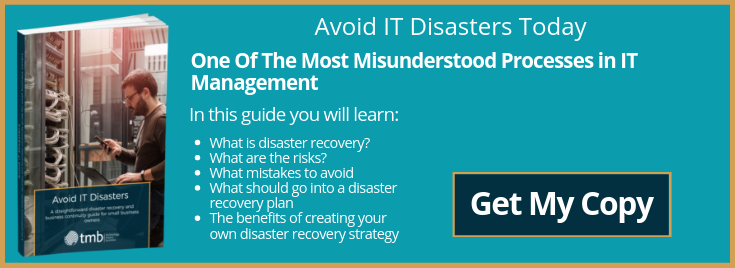4 More Tips For A Secure Password
Unauthorised access to business information can be disastrous, with effects ranging from loss or corruption of sensitive data to the exposure of customer data to people with malicious intent. Hackers are always coming up with new techniques to breach individual and organisational security. However, most cyberattacks are opportunistic and unsophisticated, using basic techniques to exploit glaring vulnerabilities. A strong password is enough to stop many would-be cyberattacks and garden variety hackers in their tracks.
1) Avoid Using Common Phrases And Key Combinations
Some people reason that no one will be able to guess their password if it is obvious. An example is the use of the word ‘password’. Statistics by the National Cyber Security Centre show that hackers have been able to access over 3.6m accounts worldwide by simply typing in the word. Other common phrases include “Liverpool,” “Charlie,” “blink182,” or even superhero names such as “superman”, “spiderman”, etc. Although these passwords are easy to remember when used, they are also easy to guess and you might just make a hacker’s day.
2) Don’t Use Consecutive Key Strokes As Passwords
Consecutive keystrokes such as “12345678”, “qwerty,” “poiuytrewq” are used by people who prefer memorability over security. Good news is, you will not forget the password. Unfortunately, every hacker's wordlist contains such combinations and it will take them moments to render your security ineffective. Of the top 10 most commonly used passwords, more than seven are made up of these consecutive keys. If you value your security, avoid these passwords.
3) The Best Password Is A Combination Of Words And Phrases
Most people think that using the names of their pets, children and family names is the most secure form of password. ‘Social engineering’ has, however, rendered such passwords as useless as consecutive keystrokes. When a hacker gets access to your family information – using public information on social media accounts, work websites etc – such names will be their first guesses. The best password should be a combination of random words such as “paintingisrelaxing” or “cloudsarealie”. Such phrases should be catchy enough to remember and are almost impossible to crack.
4) Make Your Passwords Unique
It is everybody’s worst nightmare to be hacked and have their personal information exposed. What’s even worse is using a single password for different accounts, meaning that access to a single account could compromise all your other accounts. Imagine mourning the fact that your Facebook has been compromised, only to realise that your financial accounts have also been accessed since they share a common password. You should, therefore, use unique passwords for different accounts to avoid suffering a string of hacks if one gets compromised.
Next Steps
Encouraging better password security among your team will close the door to many common cyberattacks. However, your business may remain vulnerable to a more concerted attacher, or to data breaches arising from other causes, such as phishing emails. At TMB Group, we provide a range of tailored data security services to counteract the threats faced by your business and keep your staff and customers safe. Get in touch today to find out more.
Image source: Unsplash



